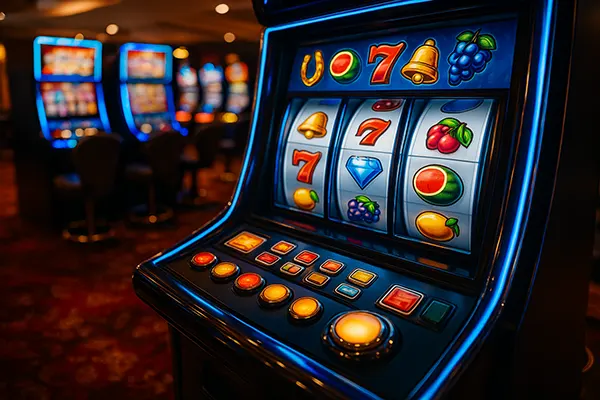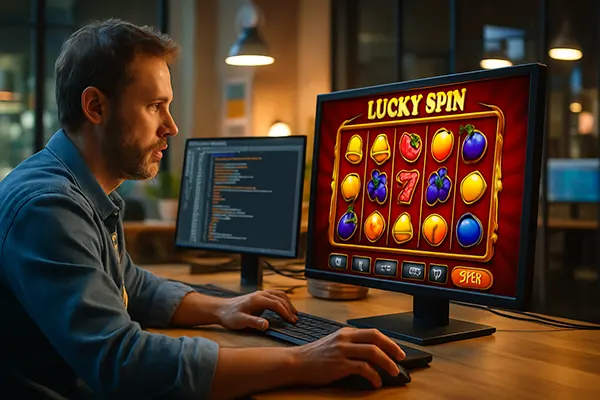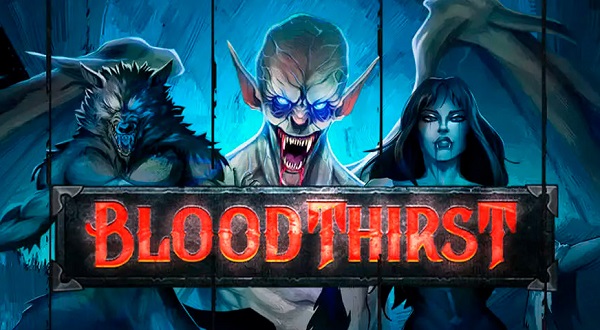
Niche Casino Game Providers Set to Reshape the Market in 2025–2026
The rapid diversification of the gambling industry has paved the way for a new generation of developers. These companies may not enjoy mainstream recognition yet, but their technical decisions, creative direction and fresh mechanics are already catching the attention of operators seeking innovation. As established suppliers continue refining their catalogues, smaller studios are preparing solutions designed to address shifting regulatory, technological and player-behaviour demands. This article explores the studios most likely to accelerate their growth during 2025–2026, based on their approach to software architecture, transparency, compliance and game quality.
Studios Advancing Skill-Focused and Hybrid Mechanics
Over the last two years, several independent developers have concentrated on titles that combine traditional slot structures with controlled-influence features. These creators prioritise mathematical integrity, transparent RTP ranges and clear communication of volatility, avoiding over-the-top narrative design in favour of functional mechanics. Their roadmap aligns with the increasing interest in games that provide players with a sense of strategic involvement without compromising regulated randomness.
Companies within this segment often run extensive statistical modelling, making their titles appealing to operators looking to diversify their catalogues with less luck-centric options. Instead of focusing solely on reels and bonus rounds, such studios explore features like conditional multipliers, dynamic symbol values and time-based triggers. These elements create a balanced environment where players follow predictable patterns while retaining unpredictability that meets licensing frameworks.
One of the key groups to observe is a cluster of Scandinavian micro-studios now cooperating with compliance laboratories to ensure transparency from the earliest production stage. Their prototypes demonstrate stability, strong optimisation and emphasis on user-centric functionality, which positions them as potential leaders among studios releasing hybrid mechanics between 2025 and 2026.
Leading Emerging Developers in the Hybrid Segment
Linearcade, a small UK-based studio, has gained momentum due to its adaptive mathematics engines. Instead of designing games with fixed behaviour, the team uses conditional algorithms that adjust symbol distributions in real time while preserving certified fairness. This method provides smoother progression patterns and reduces abrupt volatility spikes.
Fluxline Games, originating from Estonia, focuses on hybrid games combining card-based logic and reel engines. Its upcoming titles for early 2026 target operators that need low-load products for mobile users. Early demonstrations show fast loading times, smooth frame pacing and minimal battery consumption, which will likely increase adoption on mobile-heavy markets.
The third notable name is Spiral Interactive, known for implementing transparent session-tracking tools. These allow players to analyse their previous rounds, expected volatility and payout bands. Such openness reflects a broader industry trend towards responsible design, making Spiral a strong candidate for wider partnerships over the next year.
Blockchain-Driven and RNG-Enhanced Studios
Blockchain integration in gambling is evolving from marketing hype into practical infrastructure. The new wave of developers no longer treats decentralisation as a buzzword but as a method for improving auditability, fairness validation and cross-border compliance. Many of these companies build hybrid RNG systems where outcomes are created using combined sources of randomness verified on distributed ledgers.
These developers prioritise open-source cryptographic modules, enabling operators to conduct independent testing without relying solely on certification bodies. As jurisdictions tighten oversight, transparent RNG architecture becomes a competitive advantage. Studios in this category often work closely with auditors to document each step of the generation process, offering verifiable fairness without sacrificing performance.
From a technological standpoint, the most promising trend lies in lightweight blockchain layers designed to function without heavy energy consumption. A group of European start-ups is actively developing solutions that embed proof-based verification into the server response sequence. This approach keeps loading times low while ensuring that all essential calculations remain traceable.
Promising Blockchain-Oriented Developers
ChainReef Studios is developing a hybrid RNG system where seed generation is recorded across independent nodes. Their prototype architecture, expected for full deployment in late 2025, focuses on transparency and certification-ready documentation. Early partner tests show stable performance even under high user volumes.
HoloPlay Labs works on titles featuring fully traceable outcome logs. These logs remain accessible to operators and auditors while protecting user data. HoloPlay’s roadmap includes cross-jurisdiction integrations for regions that increasingly require demonstrable randomness validation.
BitMotion Interactive is creating content for operators seeking additional oversight mechanisms. Their engine combines server-side randomness with verifiable ledger checks to deliver consistent outcomes with minimal computational overhead. This positions the studio to scale quickly once regulatory frameworks standardise requirements for transparent randomness.

Studios Specialising in Localised and Cultural Content
As international markets diversify, smaller developers are responding with content tailored to specific regions. These studios emphasise cultural accuracy, authentic symbolism and themes reflecting local preferences. Instead of repurposing generic reel structures with superficial artwork, they invest heavily in research, ensuring that their games meet cultural expectations and regulatory obligations.
Localisation-driven developers often succeed in markets where players value narrative precision, including the Nordic region, Southeast Asia and parts of Southern Europe. Their products integrate traditional aesthetics with modern gameplay frameworks, ensuring performance stability across devices. By focusing on familiarity and authenticity, they compete effectively against larger suppliers.
Another advantage of these developers lies in their flexibility. Without rigid corporate structures, they adjust production cycles quickly, making them attractive partners for operators launching region-specific catalogues. This agility is likely to accelerate their expansion throughout 2025–2026.
Emerging Studios Focused on Cultural Themes
AmberForge from Lithuania creates titles inspired by Baltic folklore. Their attention to detail and carefully structured mechanics enable them to produce culturally rich content without sacrificing technical depth. The studio’s prototypes for 2026 demonstrate refined motion design and improved paytable structures.
South-based studio Novaterra Interactive combines Mediterranean motifs with mathematically solid bonus systems. Their consistent adherence to responsible design principles makes their catalogue suitable for regulated markets where thematic authenticity and fair mechanics must coexist.
Meanwhile, Northern Tale Works from Finland invests in both narrative research and adaptive music systems. Their prototypes use progressive audio layers that respond to in-game states, creating an experience grounded in cultural identity but built on modern technical standards.
Read also
-
 Online Slot Machine Bloodthirst: Features and Characteris...
Online Slot Machine Bloodthirst: Features and Characteris...Bloodthirst, a captivating online slot machine, emerges from the portfolio …
-
 Niche Casino Game Providers Set to Reshape the Market in ...
Niche Casino Game Providers Set to Reshape the Market in ...The rapid diversification of the gambling industry has paved the …
-
 CasiGo Casino: Is It Worth Your Attention in 2025?
CasiGo Casino: Is It Worth Your Attention in 2025?CasiGo Casino has been making waves in the online gambling …
-
 King Blitz Slot Review
King Blitz Slot ReviewIn the realm of online casino gaming, slots stand as …
